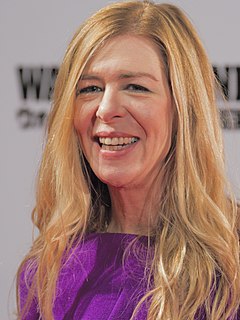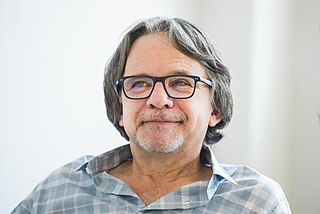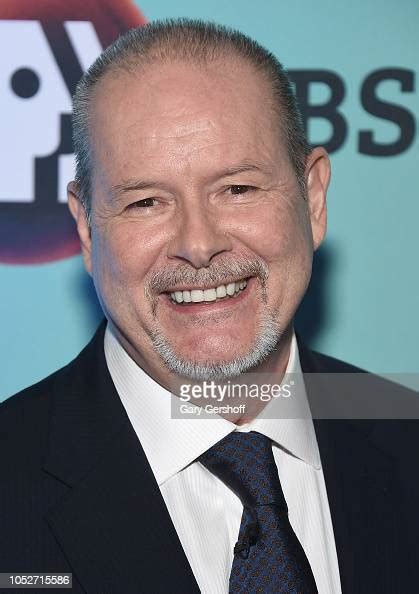A Quote by Dede Gardner
We have privilege in our hands as storytellers. We need to tell stories that reflect our world.
Related Quotes
We read novels because we need stories; we crave them; we can’t live without telling them and hearing them. Stories are how we make sense of our lives and of the world. When we’re distressed and go to therapy, our therapist’s job is to help us tell our story. Life doesn’t come with plots; it’s messy and chaotic; life is one damn, inexplicable thing after another. And we can’t have that. We insist on meaning. And so we tell stories so that our lives make sense.
It seemed to me at an early age that all human communication - whether it's TV, movies, or books - begins with somebody wanting to tell a story. That need to tell, to plug into a universal socket, is probably one of our grandest desires. And the need to hear stories, to live lives other than our own for even the briefest moment, is the key to the magic that was born in our bones.
Privilege is not in and of itself bad; what matters is what we do with privilege. I want to live in a world where all women have access to education, and all women can earn PhD’s, if they so desire. Privilege does not have to be negative, but we have to share our resources and take direction about how to use our privilege in ways that empower those who lack it.
Myths are stories for our search through the ages for truth, for meaning, for significance. We all need to tell our story and to understand our story. We all need to understand death and to cope with death, and we all need help in our passages from birth to live and then to death. We need for life to signify, to touch the eternal, to understand the mysterious, to find out who we are.
When we die, these are the stories still on our lips. The stories we’ll only tell strangers, someplace private in the padded cell of midnight. These important stories, we rehearse them for years in our head but never tell. These stories are ghosts, bringing people back from the dead. Just for a moment. For a visit. Every story is a ghost.
Our strategy should be not only to confront empire, but to lay siege to it. To deprive it of oxygen. To shame it. To mock it. With our art, our music, our literature, our stubbornness, our joy, our brilliance, our sheer relentlessness — and our ability to tell our own stories. Stories that are different from the ones we’re being brainwashed to believe. The corporate revolution will collapse if we refuse to buy what they are selling — their ideas, their version of history, their wars, their weapons, their notion of inevitability.
Togetherness, for me, means teamwork. It makes us reflect how completely dependent we are upon one another in our social and commercial life. The more diversified our labors and interests have become in the modern world, the more surely need to integrate our efforts to justify our individual selves and our civilization.




































